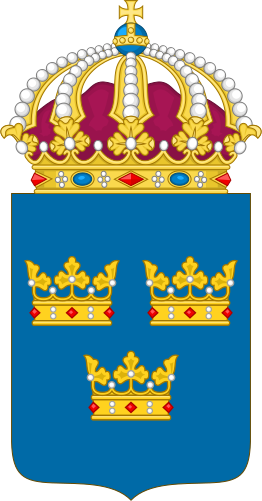Community / Land projects / Support to the International Security and Stabilisation Support Strategy DRC
Support to the International Security and Stabilisation Support Strategy DRC

€0
06/17 - 12/20
Завершено
This project is part of
Implementing Organisations
Donors
Data Providers
General
Support to the Stabilization Coherence Fund (SCF) for implementation of the International Stabilization Strategy (ISSSS) in Eastern DRC. The fund, established in 2015, is administrated by the UNDP Multi-Partner Trust Fund Office (MPTF-O) in New York. The overall goal of the ISSSS is to strengthen the social partnerships between the state and the population in order to strengthen accountability and the management of violent conflict. This goal is furthermore divided into three results: achieving socioeconomic resilience against increased armed conflict; Improved security for women, girls, boys and men in the eastern provinces; and strengthen the legitimacy of the Congolese state and its institutions. The Stabilization Strategy is based on five pillars to deal with multisectoral and multi-dimensional challenges, as well as enabling conflict dynamics to be addressed in an integrated manner. 1) "Democratic dialogue" focuses on activities that help address the interaction of a number of conflict dynamics identified at the local level. Support is given to the population to develop the ability to analyze and transform conflicts peacefully, thus reducing the risk of mobilization by conflict actors. State actors are part of the recipients in order to transform the state-society relationship. 2) The "Security Component" deals with the interplay between the security actors and the mobilization around land and identity as a cause of conflict. Activities under this component focus on the local interplay between the military and the population. Activities support the promotion of behavioral change within the military and promote the "good behavior" of commanders and troops that will help to create internal mutual pressure to hold each other responsible. 3) The "restoration of state authority" (RSA) focuses on bridging the gap between state actors and communities and ensuring equitable delivery of services based on local needs. It also seeks to address fragmented governance structures and improve the legal framework. 4) The "Return, Reintegration and Economic Recovery" (RRR) component addresses the socio-economic causes of conflict in order to address the underlying causes of poverty, sociodemographic pressure, land access and fragmented Congolese identities. 5) Addressing "sexual violence" within the framework of ISSSS means focusing on root causes by transforming harmful gender norms. It is about discussing perceptions of masculinity and femininity in a local context and its impact on the conflict. Projects also look at how to strengthen the defense, security and justice system, and to increase the social, economic and political participation of women and girls. The trust fund is to date supported by DFID, the Netherlands, Norway and the Peacebuilding Fund.
Objectives
Improved mutual accountability and capacity of the Congolese state and society to cope with and mitigate the main factors of violent conflict in the eastern provinces and to strengthen the legitimacy of the social contract and promote long-term economic development. The International Security and Stabilisation Support Strategy (ISSSS) has developed an innovative approach to programming based on conflict analysis, targeting one or more main conflict dynamics identified in the stabilization zones. This approach allows for programming that targets: the transformation of existing, open or latent, intra- or inter-community conflicts; the strengthening of the security of women, girls, boys, and men in their communities; the fight against the exploitation and illegal trafficking of natural resources; and analyzing and addressing regional conflict dynamics identified in the priority zones. Furthermore, the ISSSS acknowledges that conflict actors (women, youth, and men) are at the center of the transformation process of the main conflict dynamics identified. In order to address the main conflict dynamics, collaboration between the State, traditional authorities, and women, youth, and men is necessary. Finally, in order to successfully transform conflict and promote sustainable peace, we need to address structural and sociocultural barriers to women's and girls' participation in these processes.




